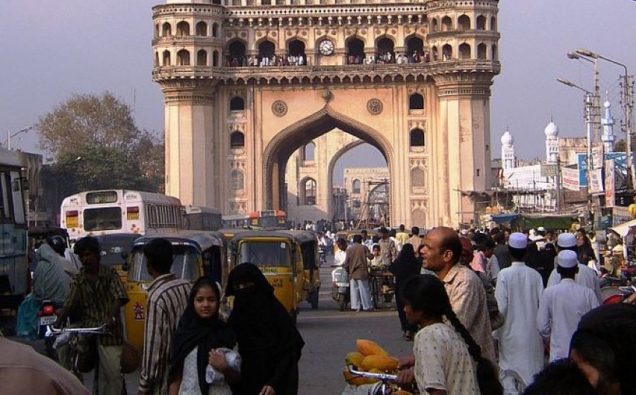
India’s newest release “Sooryavanshi” is making big bucks at the box as COVID-19 restrictions ease to allow people back into cinema houses.
But critics say the film is controversial as it comes at a cost to its Muslim minority since it projects the right-wing Hindu nationalist agenda in an environment of social and political majoritarianism.
Indian writer Rana Ayyub notes in her latest piece for The Washington Post that every third frame in the film shows a “bloodcurdling Islamophobic image.”
In a scathing criticism of the “Islamophobic tropes” in the film, Ayyub points out that the lead role actor, Akshay Kumar is a “big fan of Prime Minister Narendra Modi and an actor famous for his jingoistic, hyper-nationalist films.”
Ayub notes several instances in the movie, which amount to justifying the ultranationalist government’s agenda.
For instance, she notes:
“It (the film) justifies the abrogation of the special status accorded to Kashmir, where thousands of youth were detained and an Internet blackout was imposed in 2019.”
“Like the government, the film argues that the abrogation of Article 370 of the Indian constitution has wiped out terrorism from the valley,”.Ayyub writes in the piece.
“The film stokes the dangerous ‘love jihad’ conspiracy, which paints Muslim men as colluding to seduce or kidnap Hindu women or girls and convert them to Islam.”
The author titles her Post opinion piece ‘Why an Indian film’s success at the box office should worry us all,’ as she cites some dangerous parts.
Primetime Emmy award-winning British actor Riz Ahmed approvingly retweeted Ayyub’s criticism with a disgusted emoji.
Multiple award-winning actor Ahmed, who next stars in Michael Pearce’s sci-fi film Encounter, retweeted Ayyub’s tweet on his page with a disgusted emoji.
In his defense, director Rohit Shetty denied peddling any specific agenda with characters in the movie Sooryavanshi.
He has also defended his production saying in the past Hindu villain characters in previous films Singham (2011), Singham 2 (2014), and Simmba (2018), had drawn no such reaction.
Some Twitter users also pointed to the fact that the dialogue writers, some actors, and the screenplay writer are all Muslims and their participation leaves little for anyone to call the film anti-Muslim.












